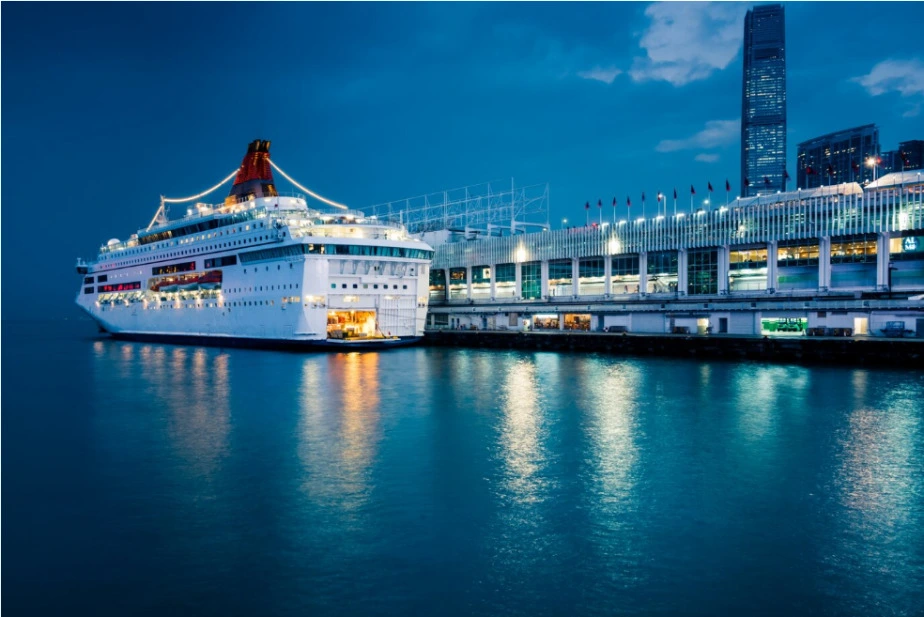- hisolar@cnhisolar.com
- +86-13905874507

Power conversion: The most basic function of an inverter is to convert DC power into AC power. On ships, many equipment such as lighting systems, navigation equipment, kitchen equipment, etc. require AC power to drive.
Improved energy efficiency: By switching the type of power source, an inverter helps improve the efficiency of energy usage. This is particularly important on long-distance voyages, ensuring a long-lasting and stable power supply.
Emergency power supply: In some cases, if the ship’s main power supply fails, the inverter can extract power from the battery and convert it into AC power to ensure the normal operation of critical systems such as navigation and communication equipment.
Electrical protection: Modern inverters often have safety features such as overload protection, short-circuit protection and temperature control to help protect the electrical systems and equipment on board the ship from damage.
Optimize power management: In complex power systems, inverters can help manage and distribute power. Especially when multiple power sources are used together, inverters ensure a smooth supply of power.
When selecting an inverter for a ship, the choice of power depends on several key factors, including the total power requirements of the equipment on board, frequency of use and whether there is a need to use multiple high-power equipment in parallel. Here are some common scenarios and recommendations:
Small Ship
Power requirements: Generally between 300 and 2000W.
Recommendation: For basic needs such as mobile phone charging, small appliances, etc., a 300-600W inverter is sufficient. If you need to drive larger appliances, such as microwaves or small air conditioners, you may need an inverter above 1000W.
Medium Size Ship
Power requirements: Typically between 2000 and 5000W.
Recommendation: For this type of ship, higher power inverters are usually required to meet the needs of galley equipment, refrigeration facilities and other mechanical equipment. Inverters ranging from 2000W to 5000W are usually suitable.
Large Ship
Power requirements: May require more than 5000W.
Recommendation: For larger vessels, professional or industrial grade inverters may be required, with possible parallel configurations to meet demands up to several kilowatts. Above 5000W, a custom solution may even be required.
Power requirements
Total power calculation: Calculate the total power requirements of all equipment on board that will use inverter power. To choose an inverter that can meet these needs, it is usually recommended to leave a certain margin.
Continuous vs. Peak Power: Know the continuous power demand of the device and the peak power demand at start-up, the inverter should be able to meet the maximum of both.
environmental adaptability
Waterproof and anti-corrosion: Choose an inverter with good waterproof and anti-corrosion functions to adapt to the marine environment.
Salt spray resistance: Consider the salt spray resistance of the inverter, especially for ships that are used for a long time at sea.
We value your privacy
We use cookies to enhance your browsing experience, serve personalised ads or content, and analyse our traffic. By clicking "Accept All", you consent to our use of cookies.